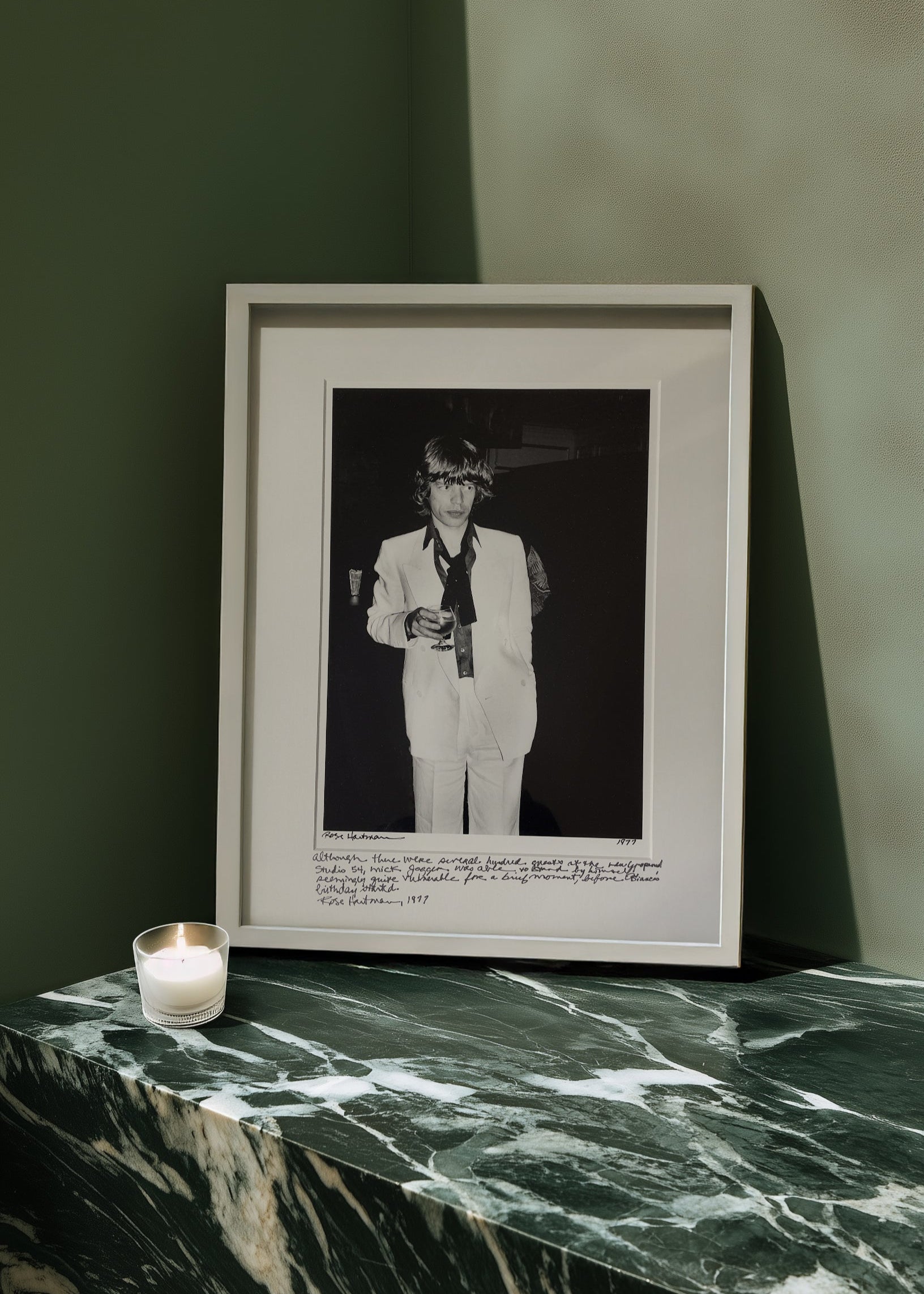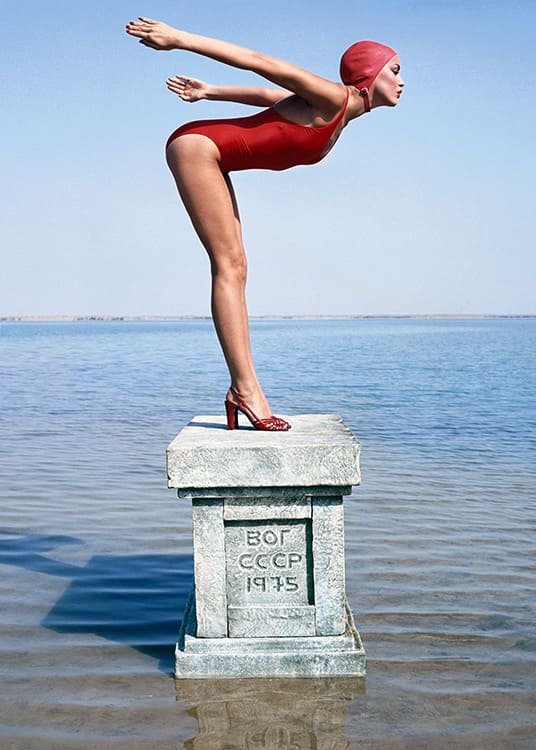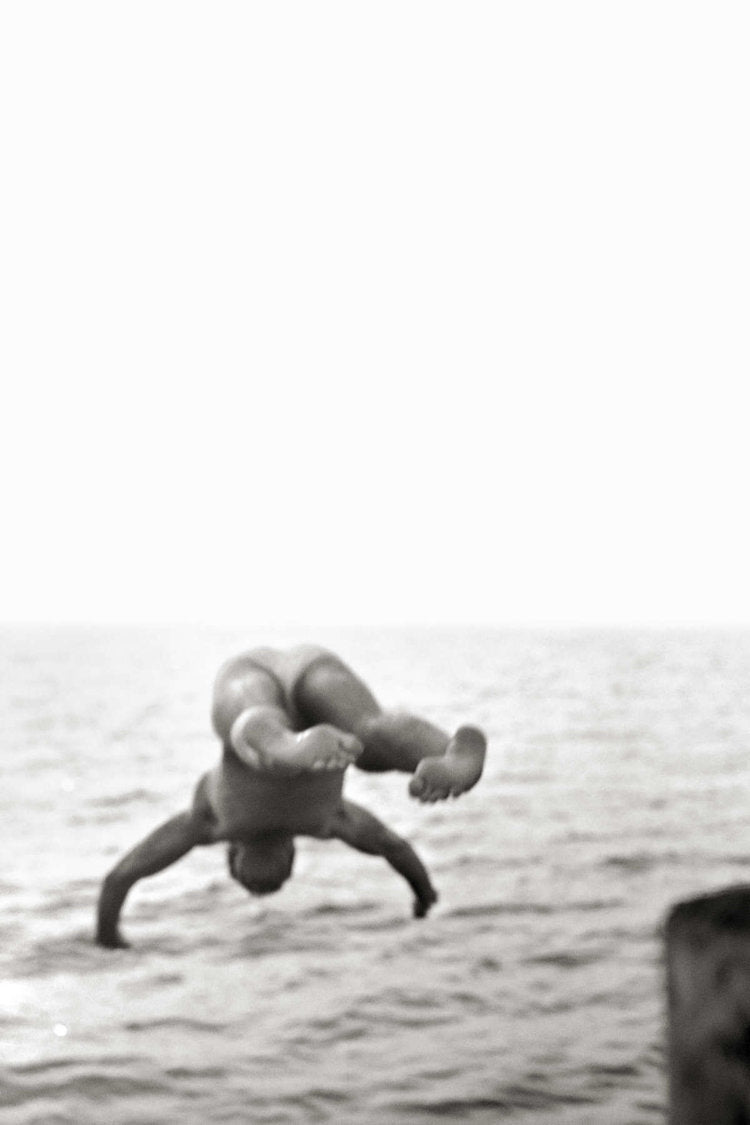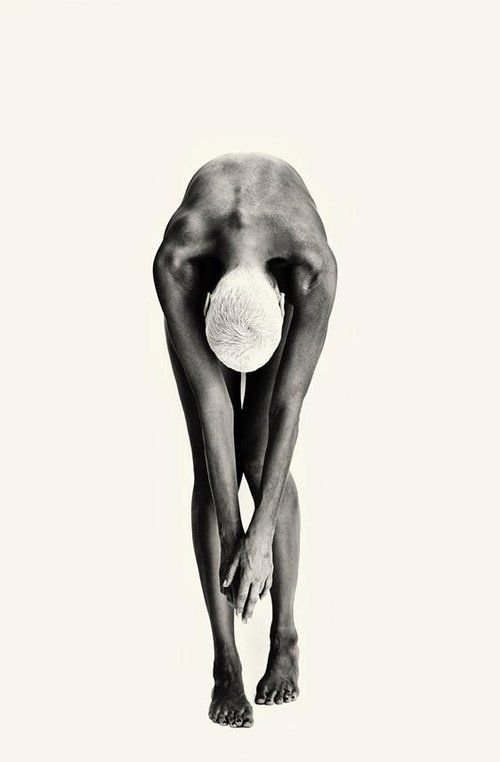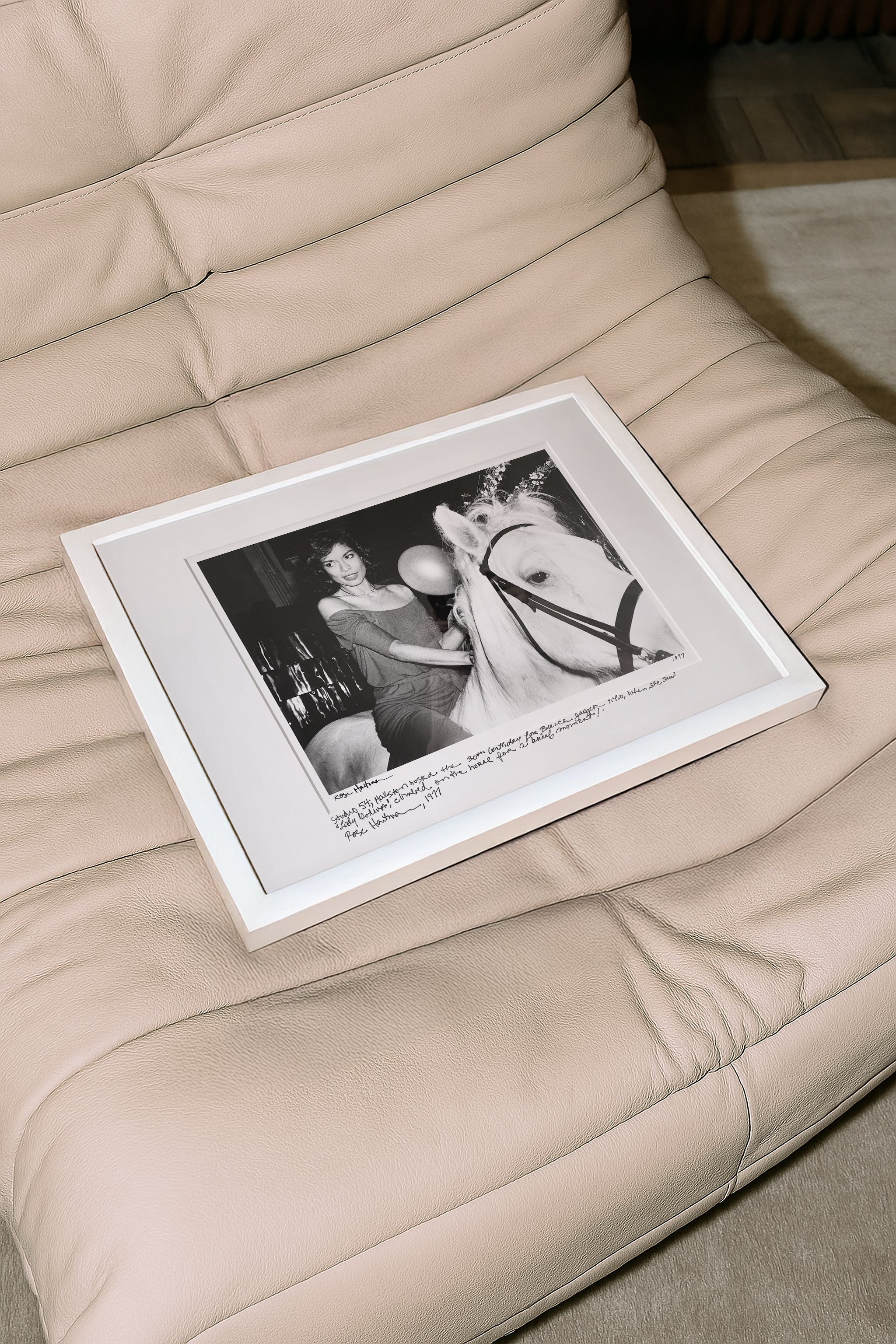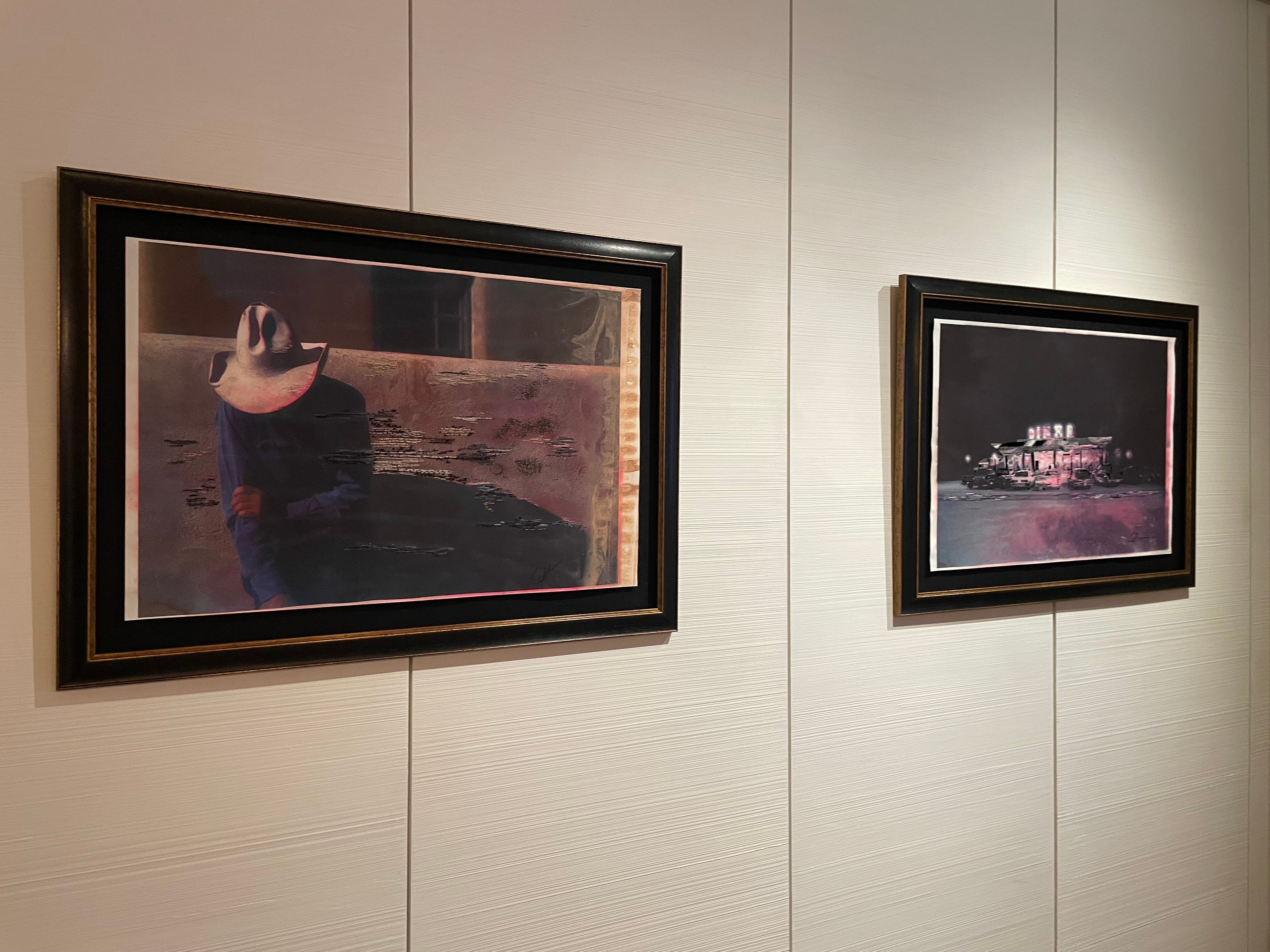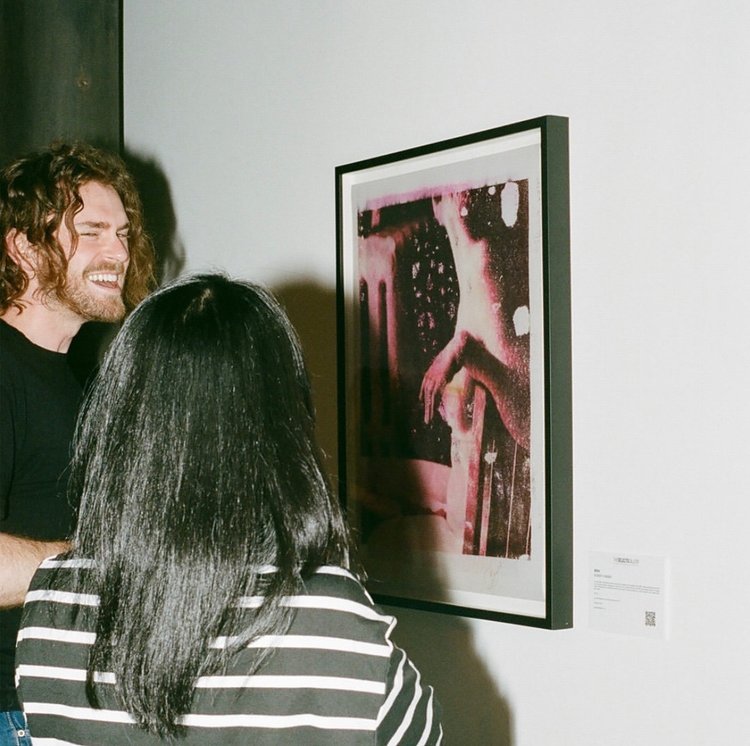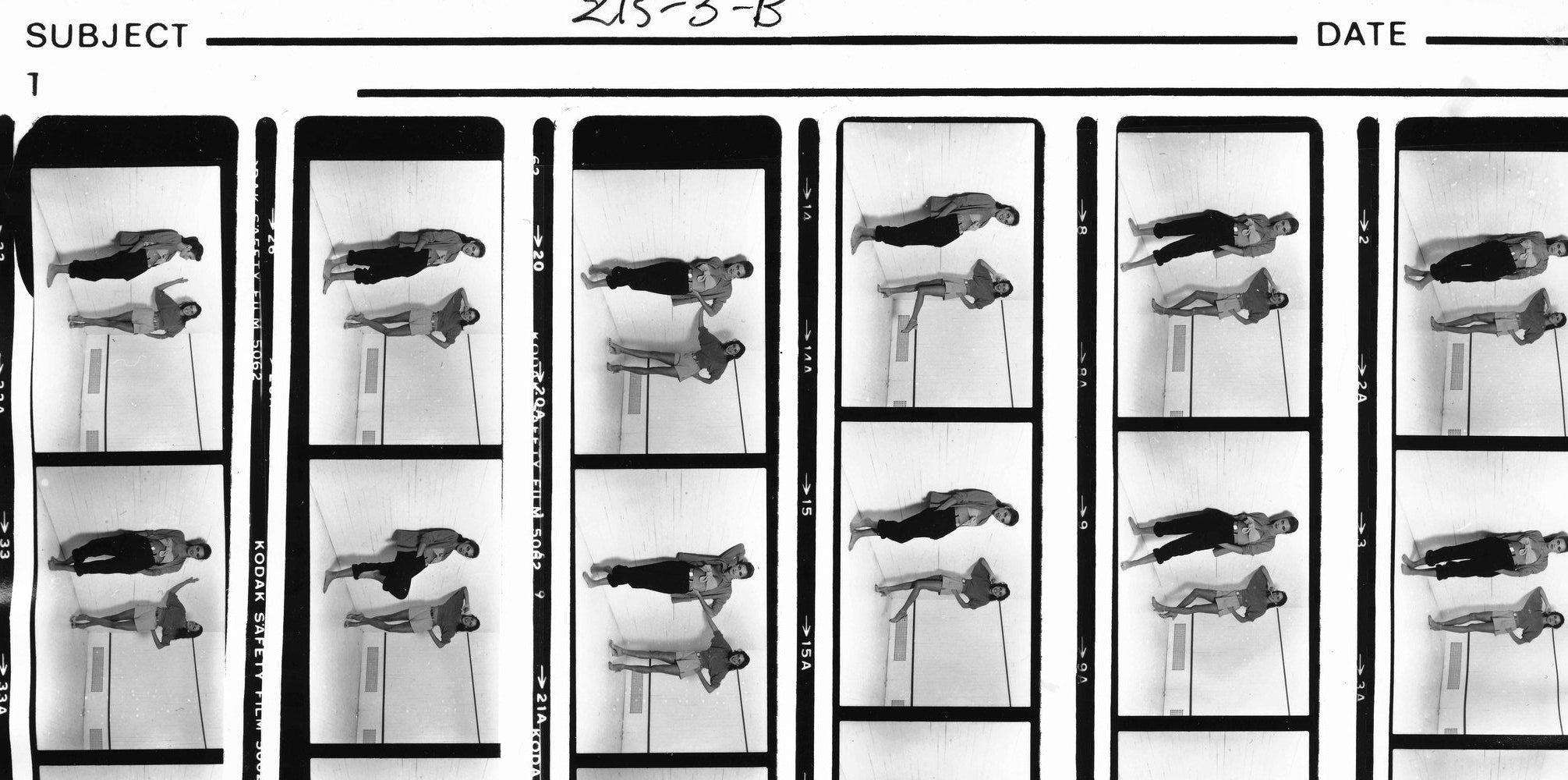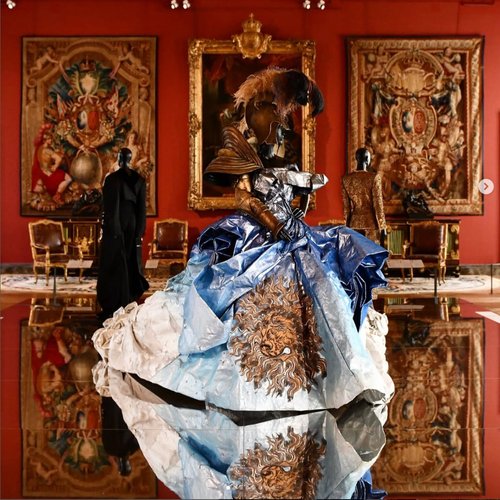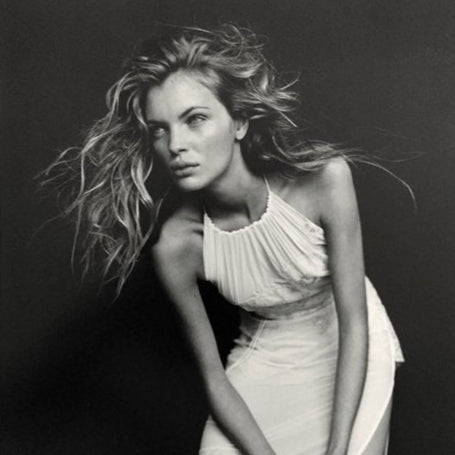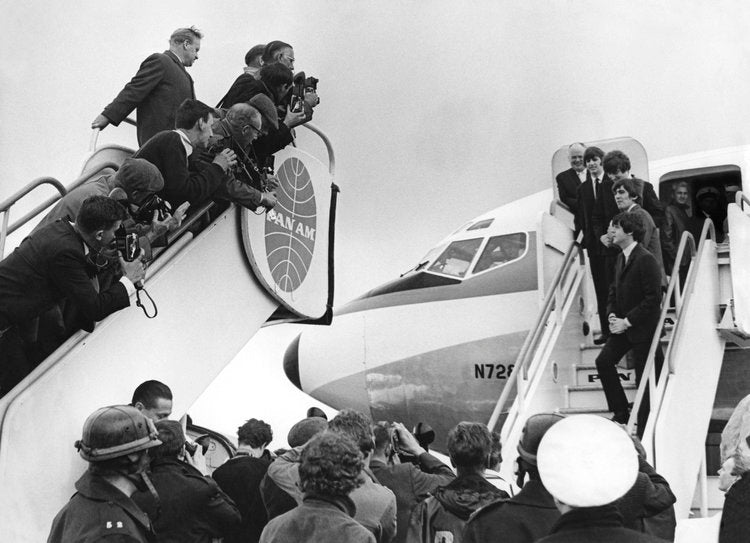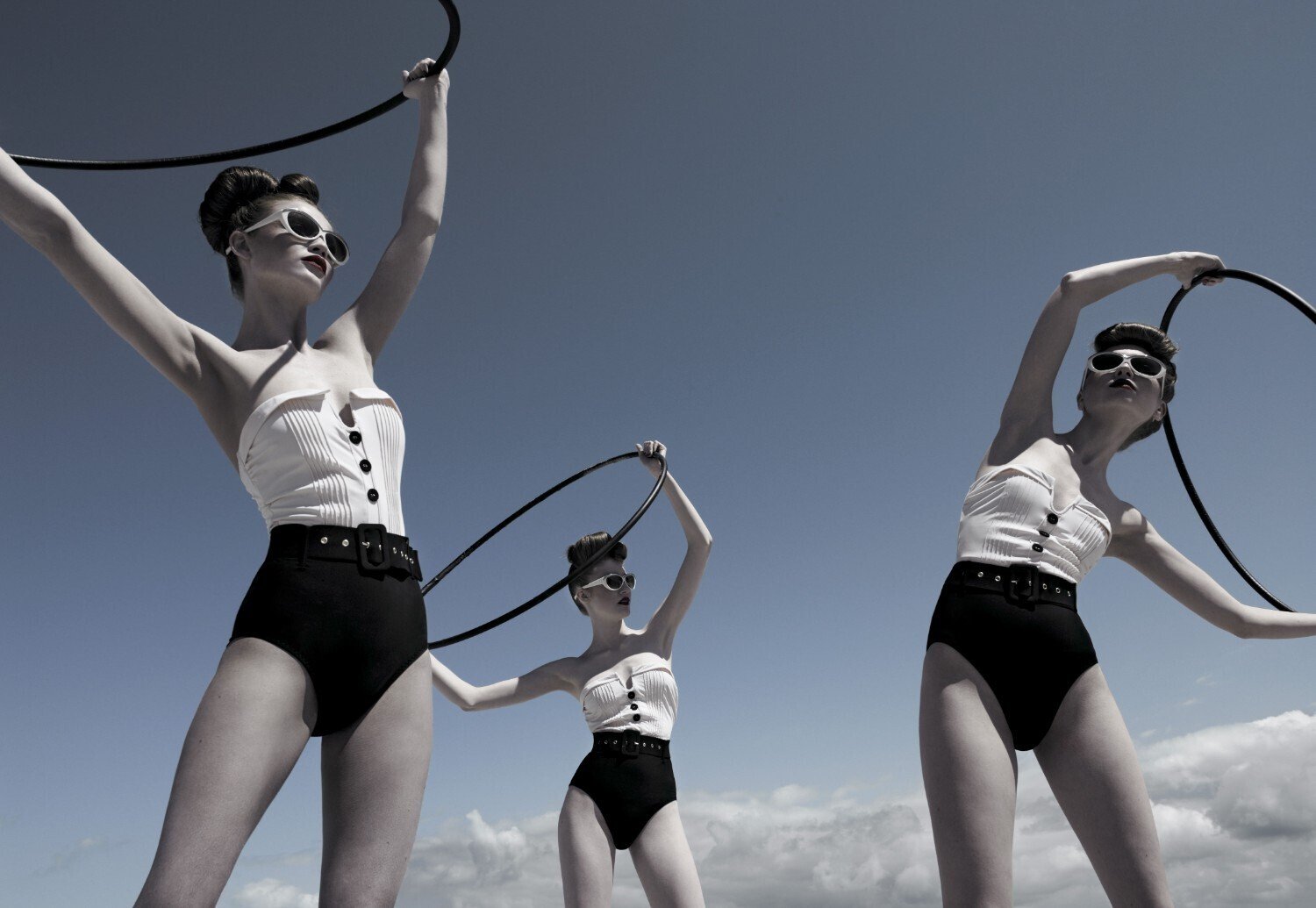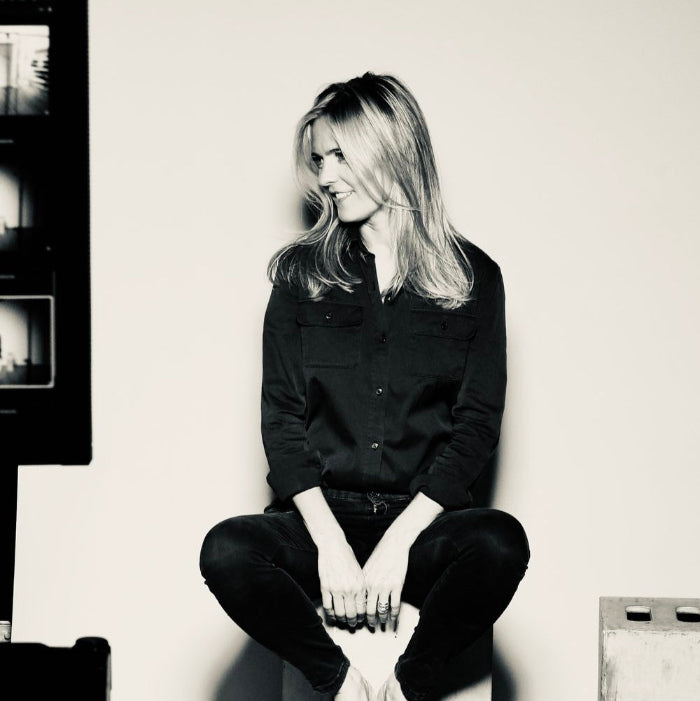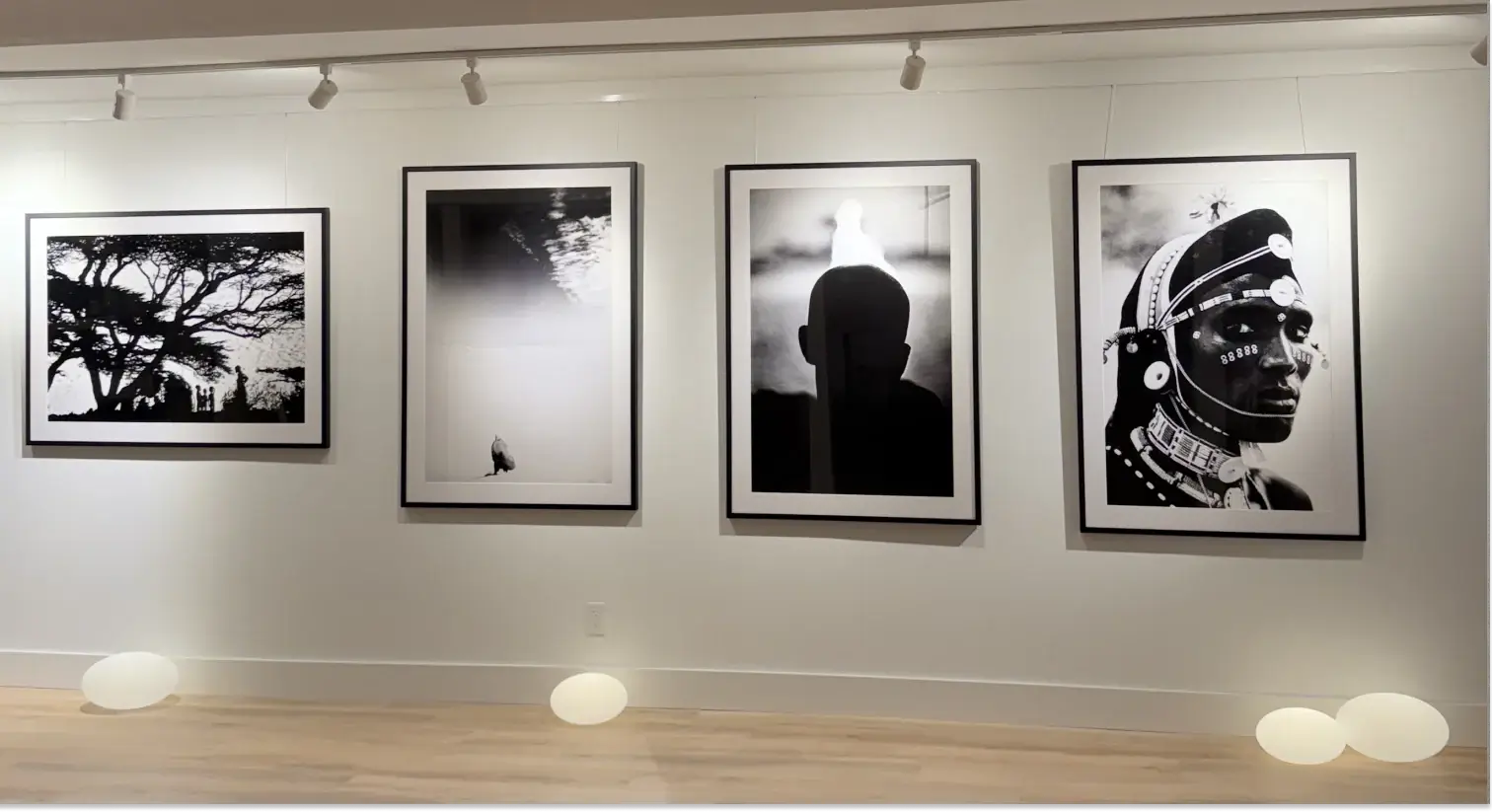
November 2025 - October 2026
Vintage sensibility meets Contemporary vision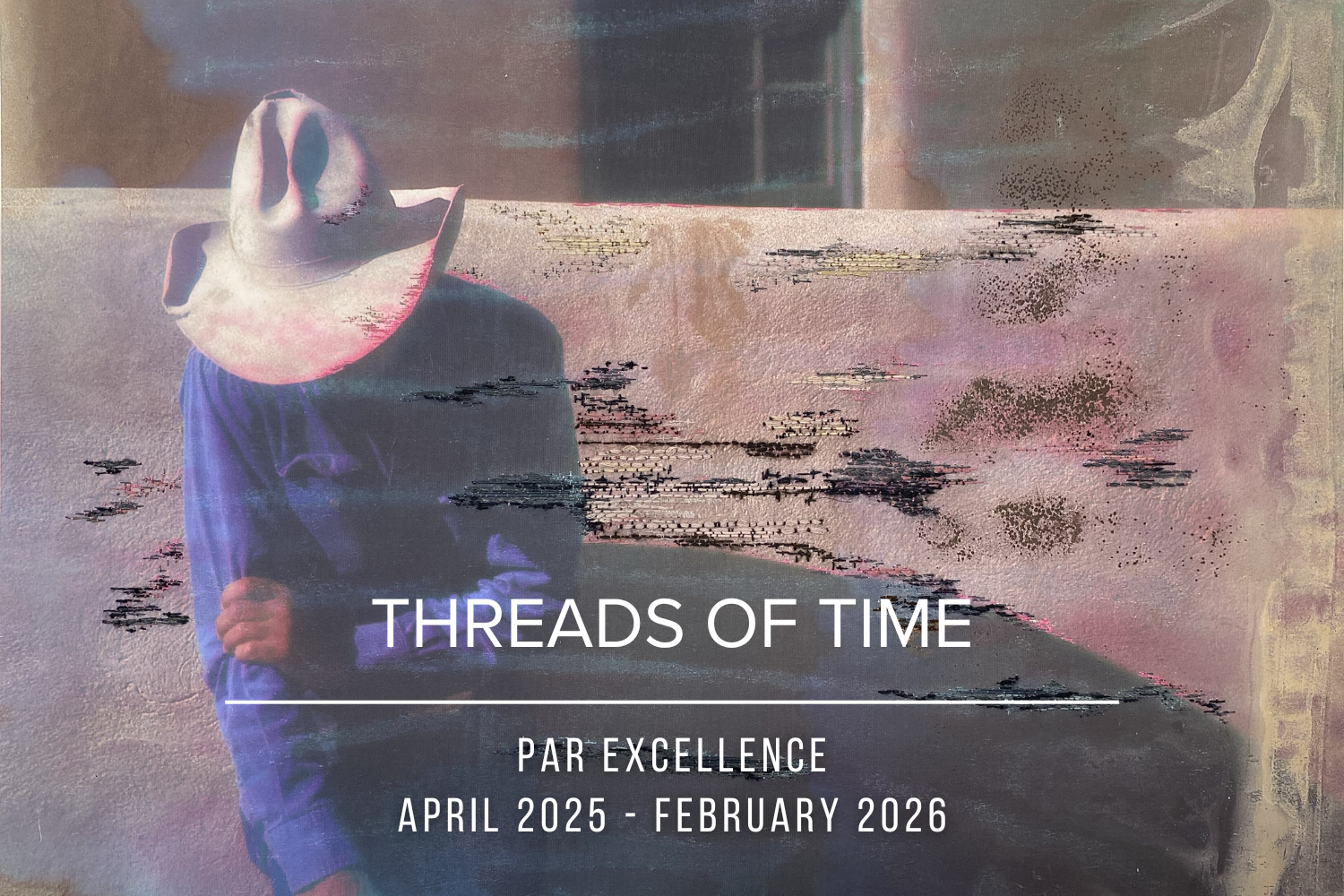
April 2025 - February 2026
Threads of Time: A Dialogue between Embroidery & Photography
November 2024 - October 2025
THE ICONIC 1970s: PORTRAITS OF STUDIO 54
October 1st - 29th 2024
Serenity and Light
June 14th - July 7th
Summer Spirit
May 14th - Sept 14th 2024
CHASING HORIZONS: A PERSPECTIVE ON GLAMOUR IN ESCAPE THROUGH PHOTOGRAPHY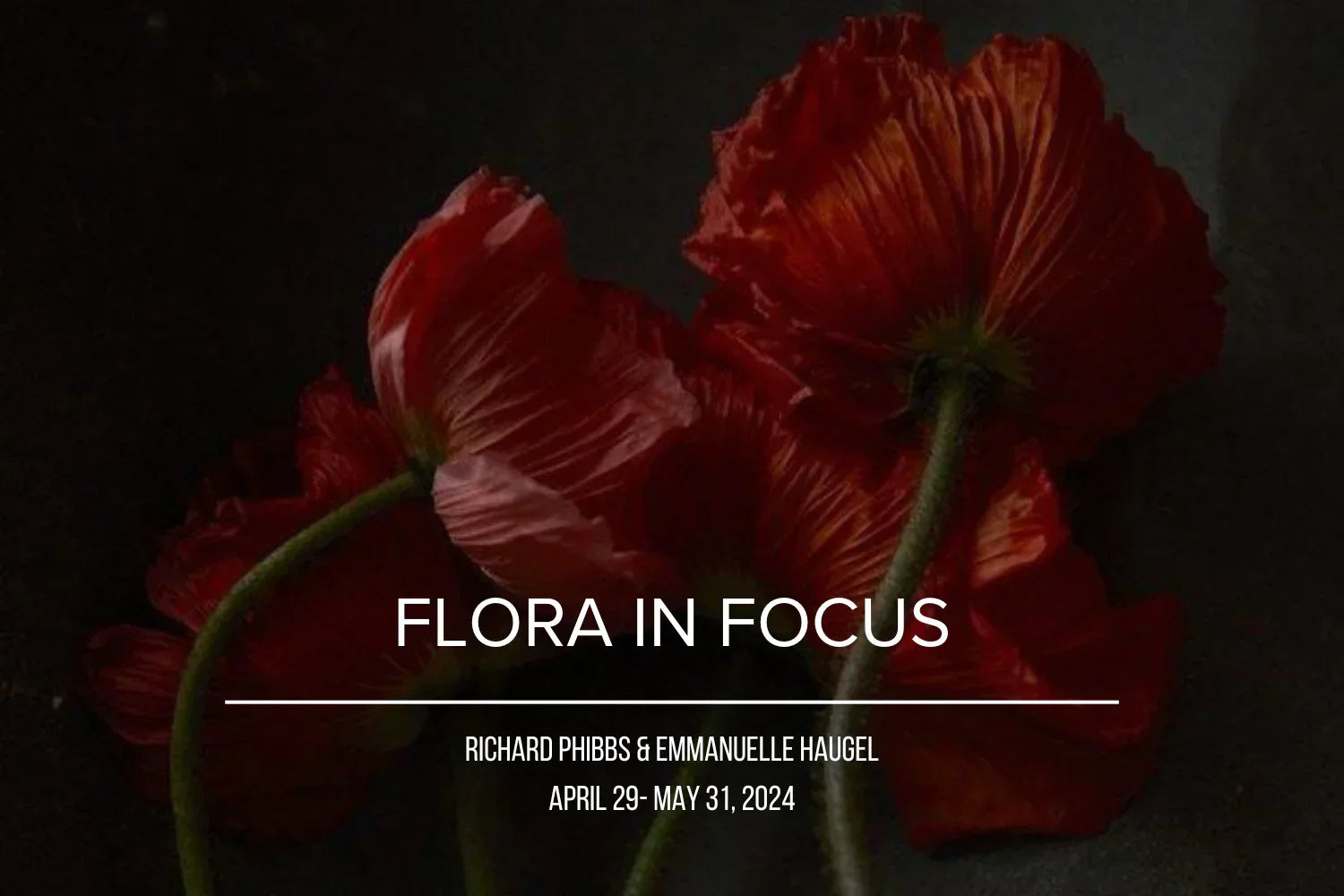
April 29- May 31, 2024
FLORA IN FOCUS
April 04-05 and April 08-09, 2024
Urban chronicles
April 3rd – 4th, 2024
Wellesley Country Club X The Selects Gallery
February 2024
REMINISCENT IMPRESSIONS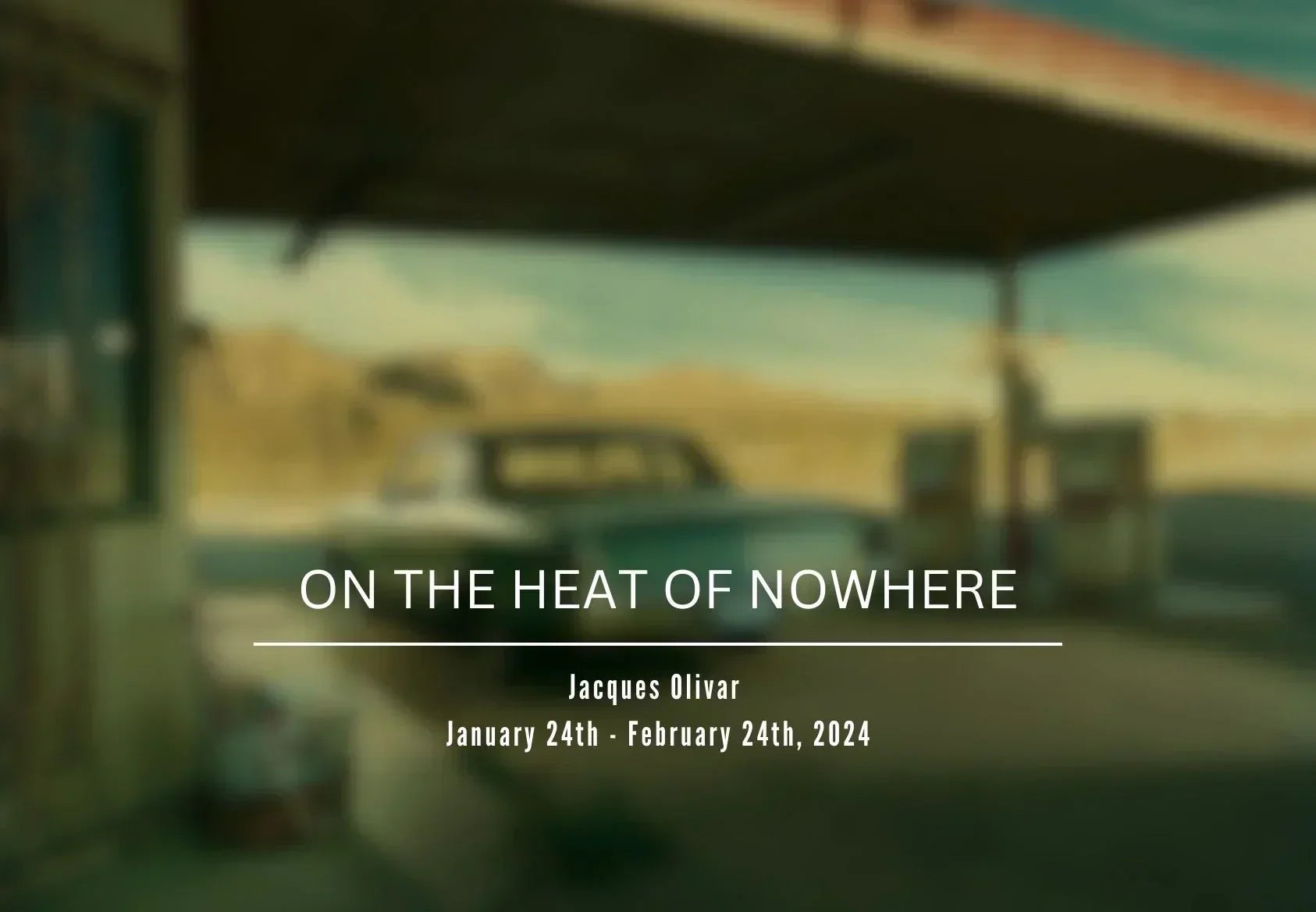
January 24 – February 24, 2024
Jacques Olivar: "On the Heat of Nowhere"
July 08 - July 29, 2023
HOLIDAY HOUSE HAMPTONS
July 13 - July 16, 2023
Hamptons Fine Art Fair
March 30th - June 30th, 2023
CHIC: Capturing that 'Je Ne Sais Quoi' in Photography
January 11th – January 29th, 2023
REMEMBERING THE VISIONARY DAVID BOWIE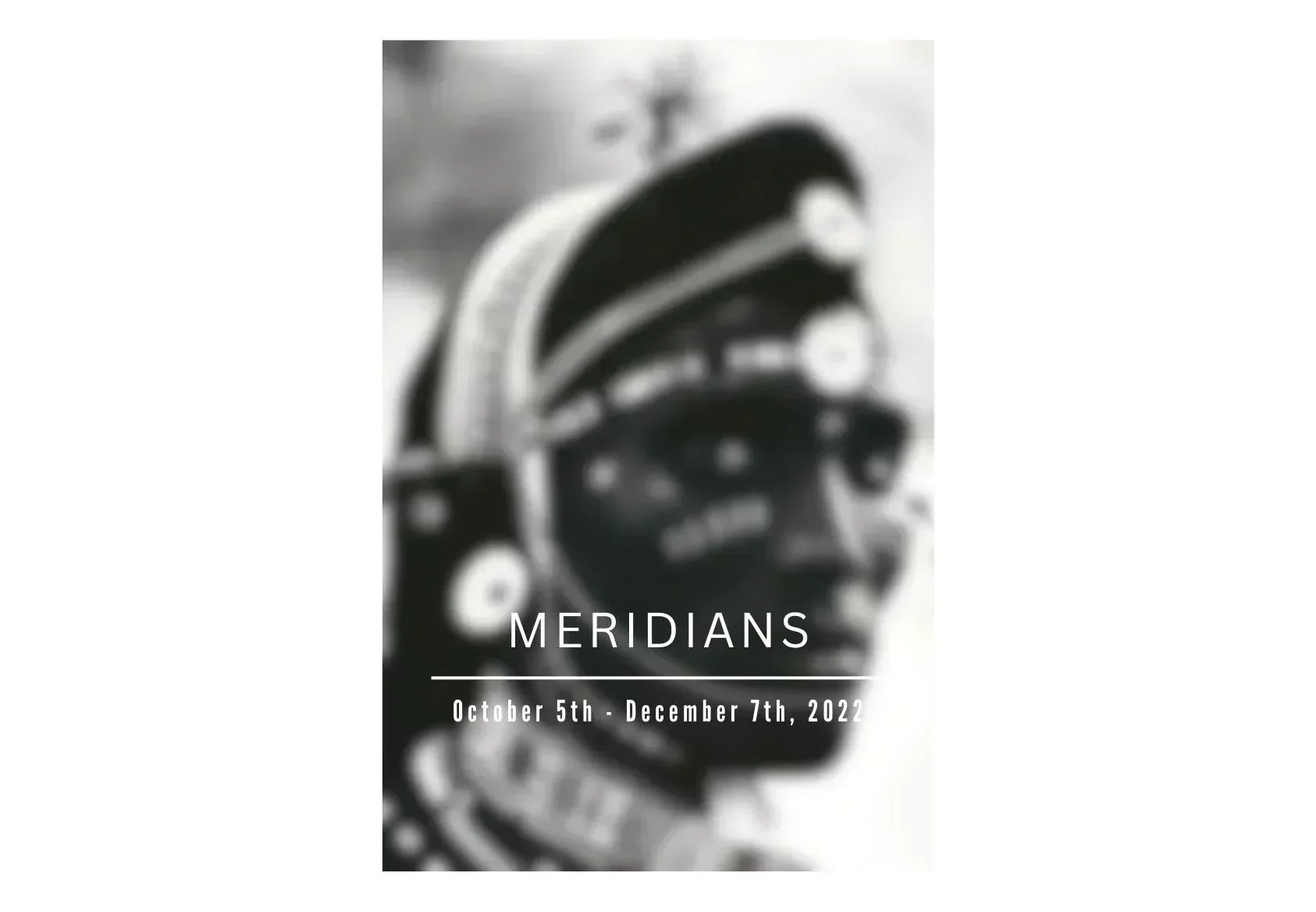
October 5-December 7, 2022
MERIDIANS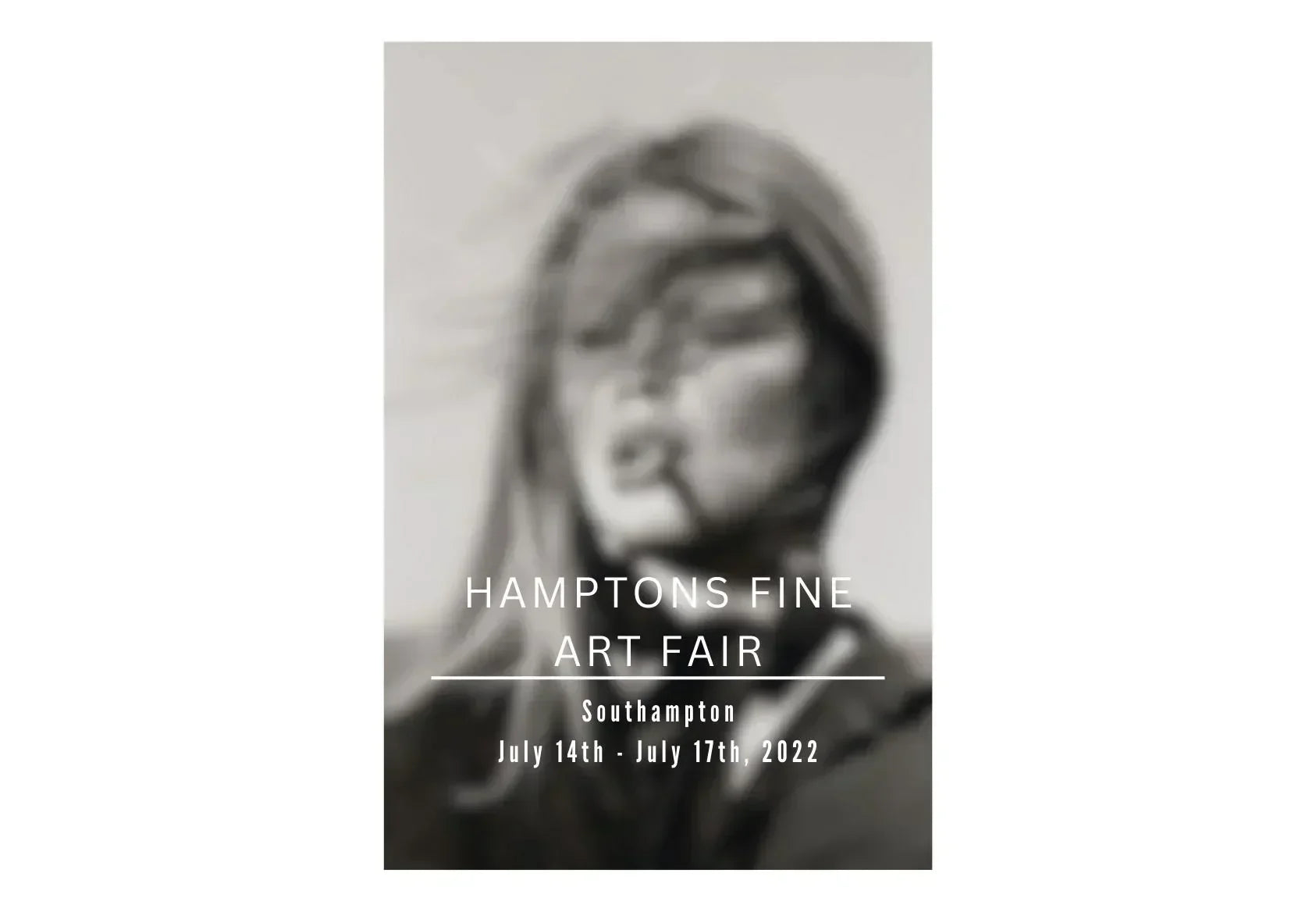
July 14 - July 17, 2022
Hamptons Fine Art Fair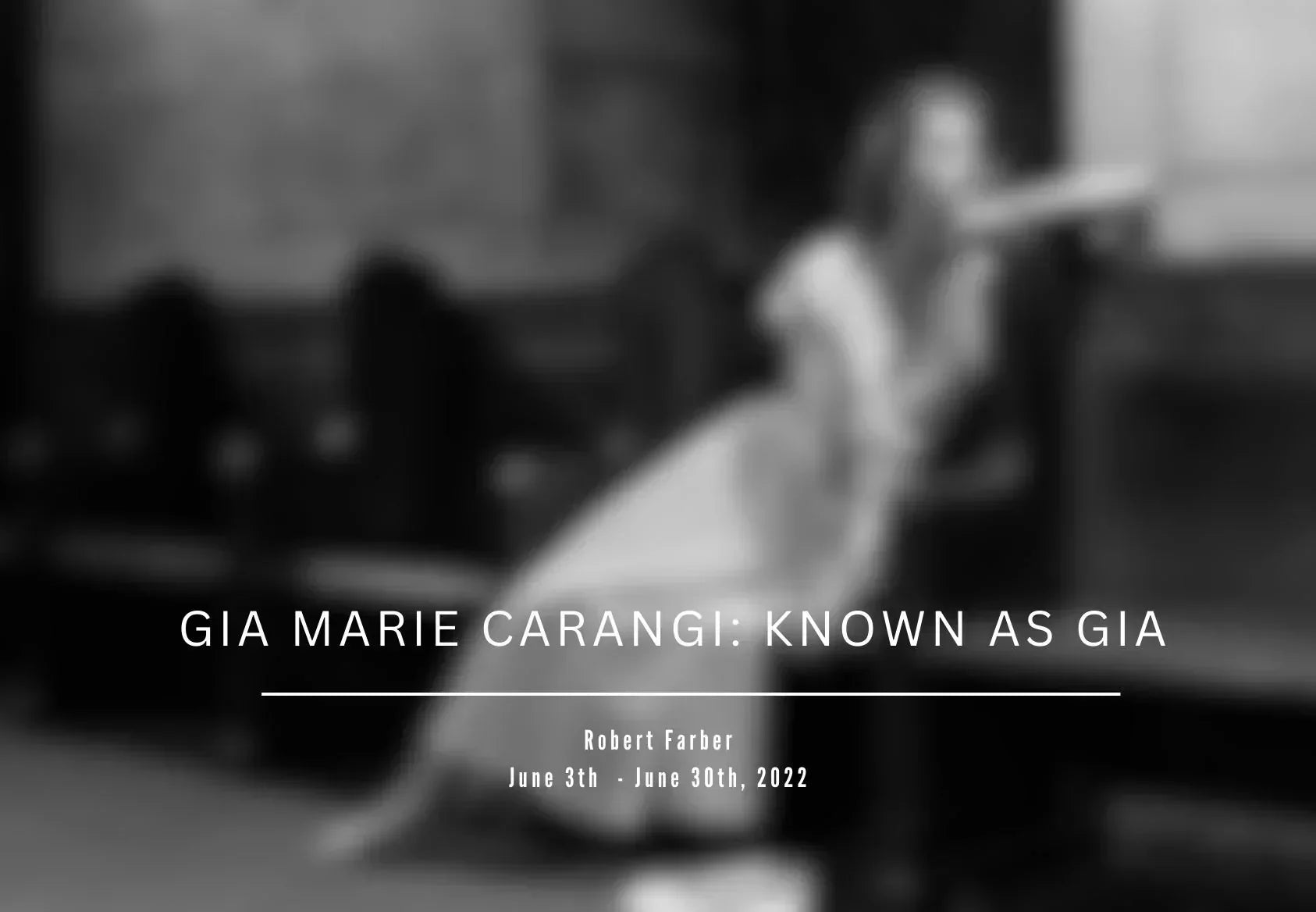
June 3, 2022 - June 30, 2022
GIA MARIE CARANGI: KNOWN AS GIA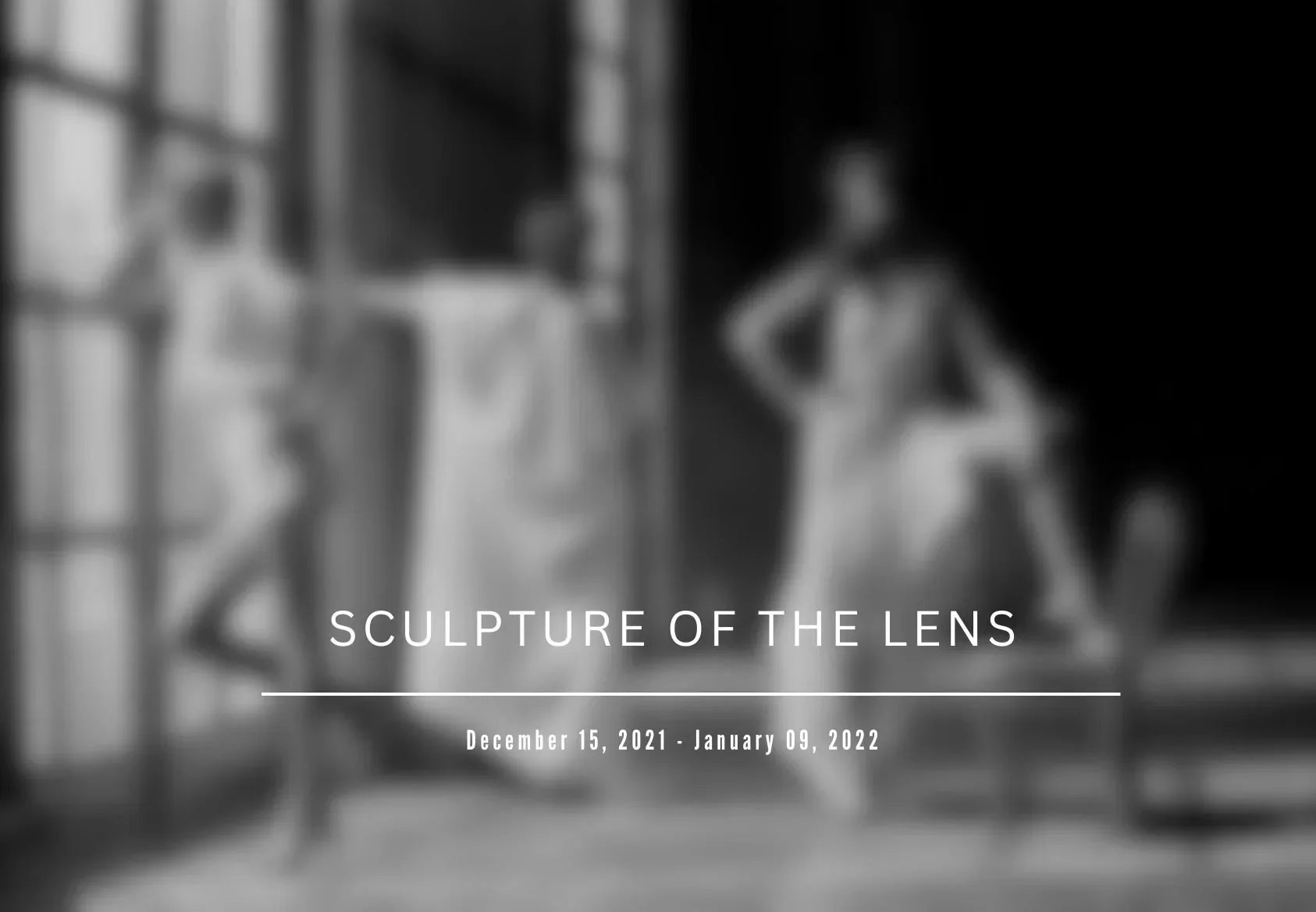
December 15, 2021 - January 09, 2022
SCULPTURE OF THE LENS
November 23 - January 10, 2021
St Barth Photo Festival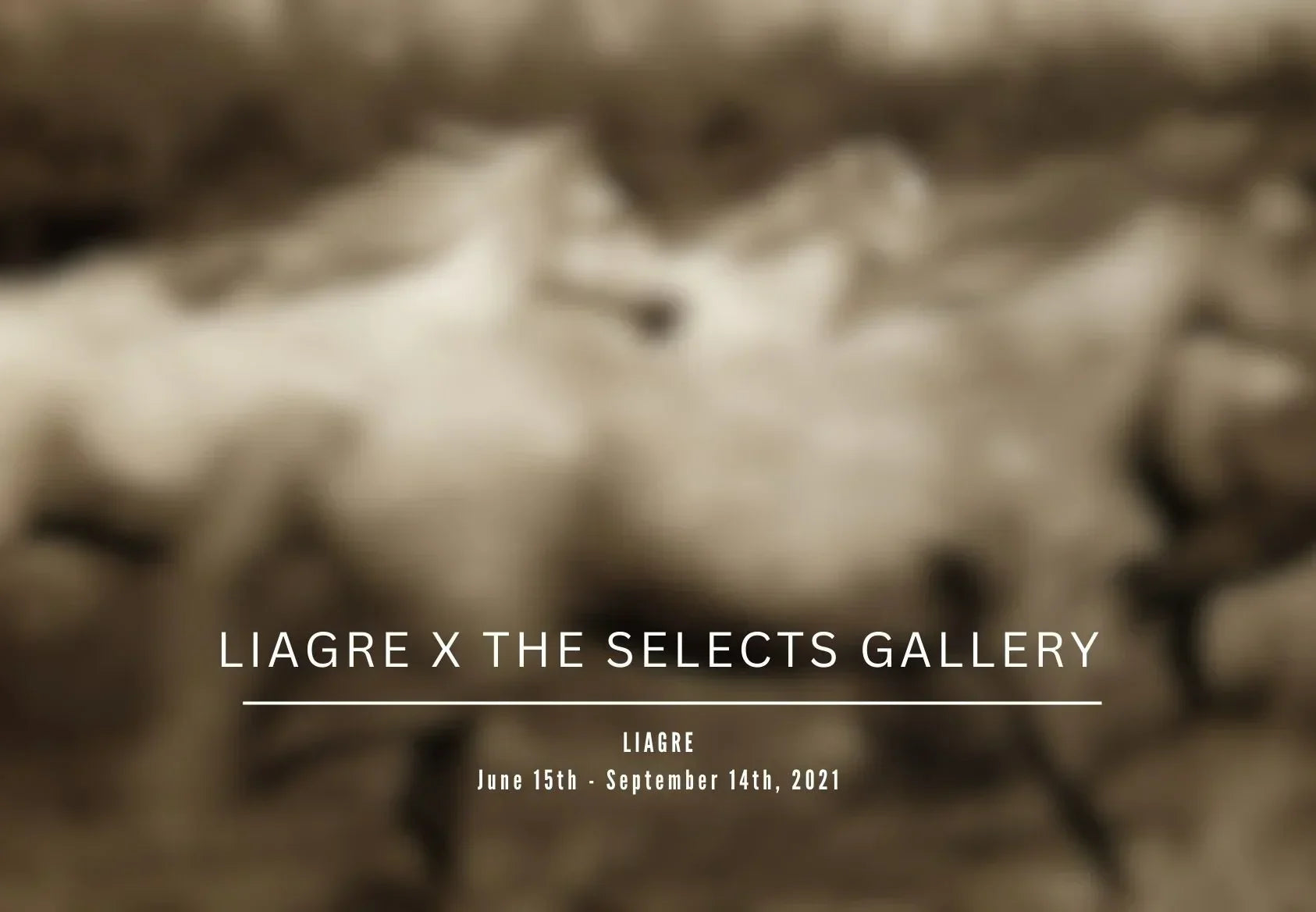
June 15th - September 14th, 2021
Liaigre X The Selects Gallery: The Organicity of Time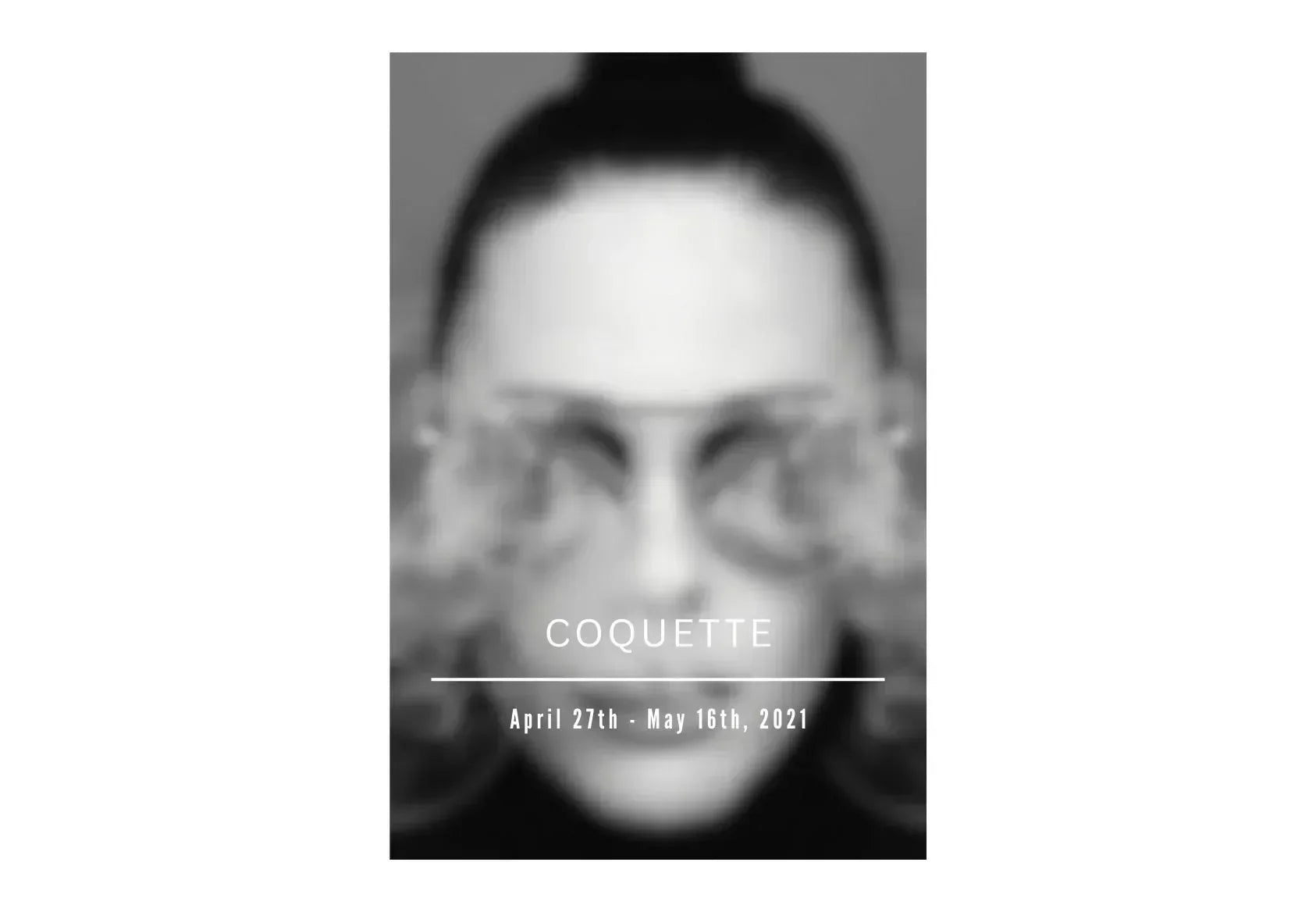
April 27th - May 16th, 2021
Coquette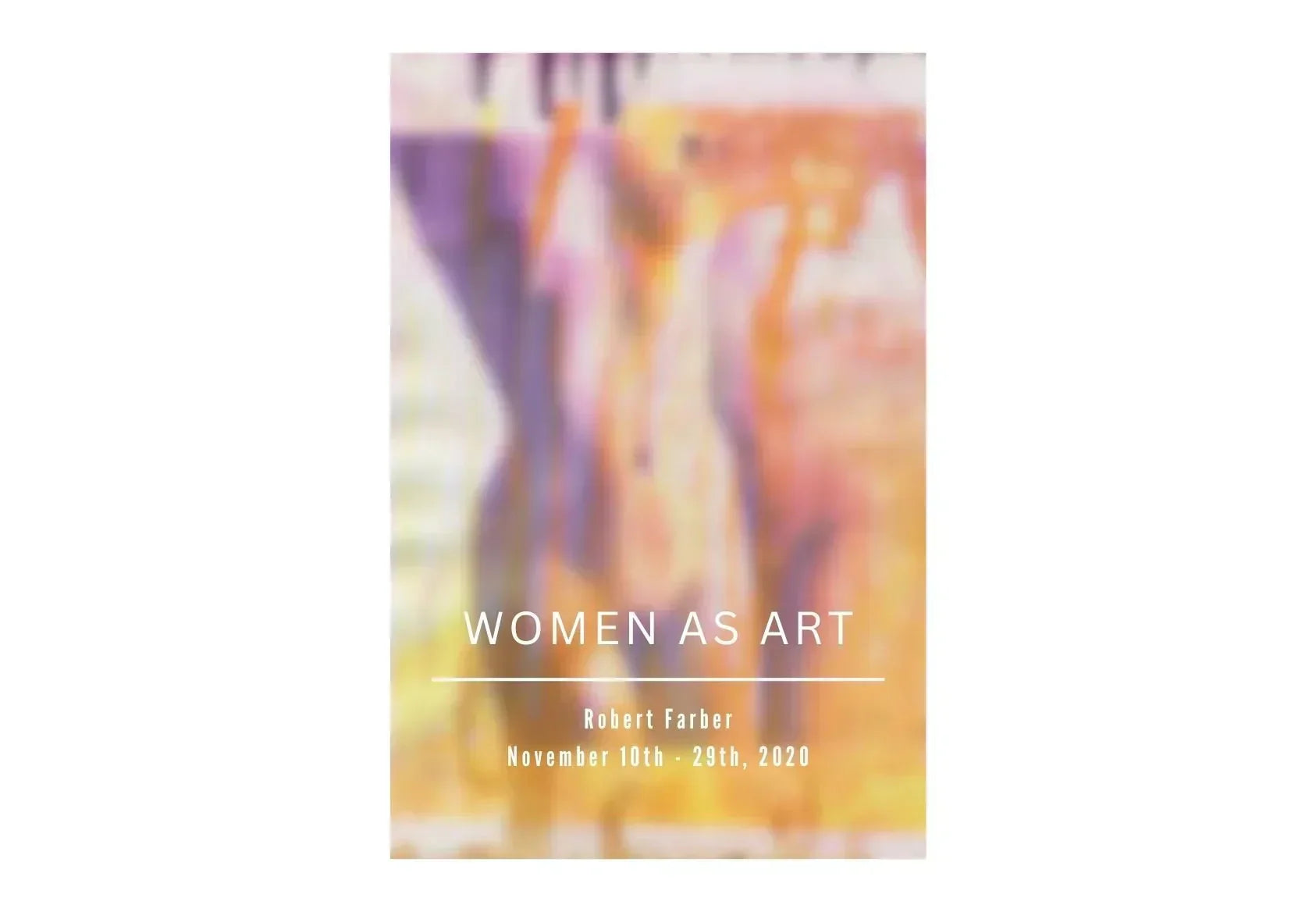
November 10 - November 29, 2020
WOMEN AS ART
August 15 - September 02, 2020
WESTHAMPTON BEACH
July 26 - August 22, 2020
FASHION PHOTOGRAPHY AND ARCHITECTURE
May 26 - June 21, 2020
ELEMENTAL BEAUTY: A STUDY OF THE NUDE IN WATER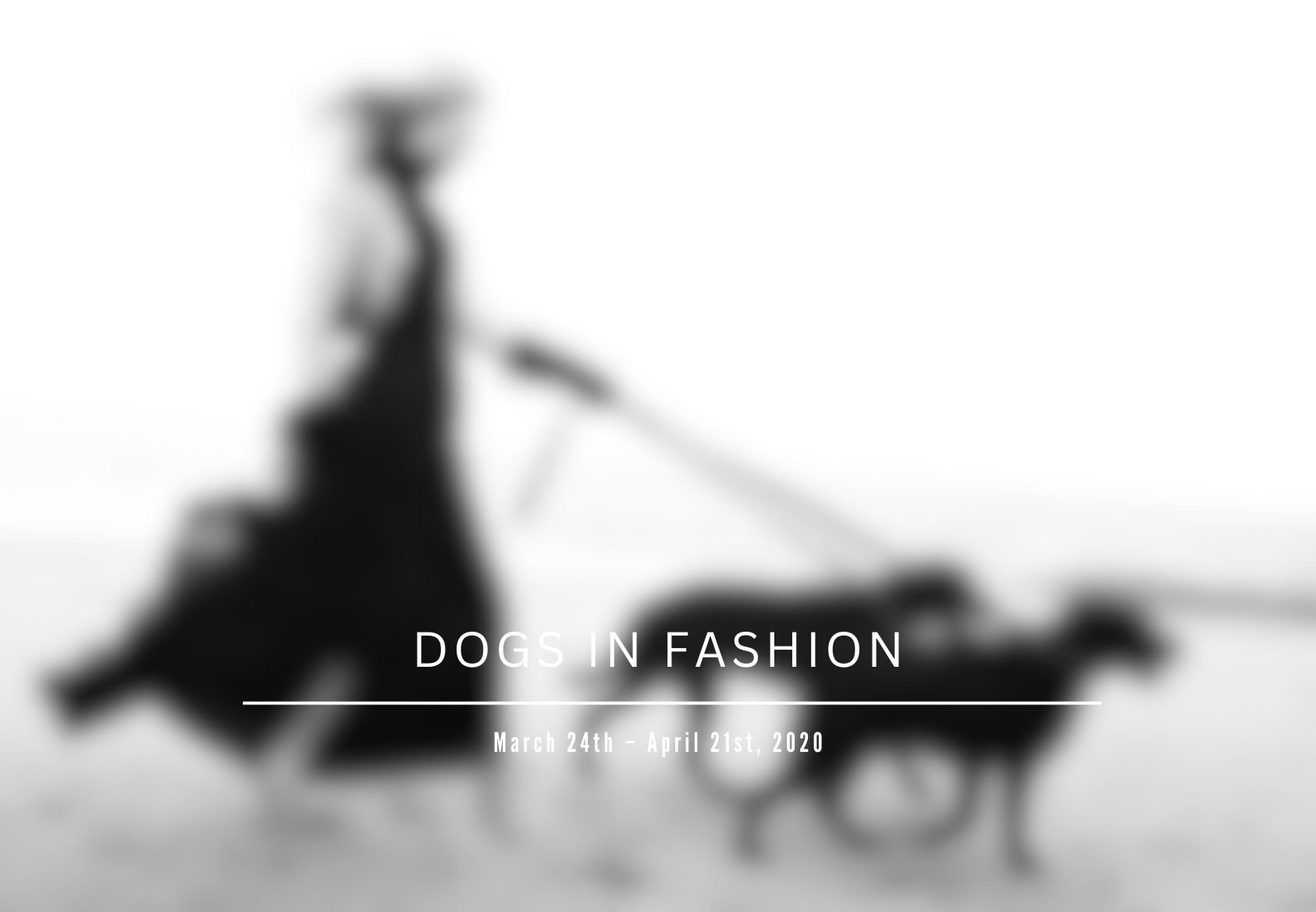
March 24 – April 21, 2020
Dogs in Fashion Photography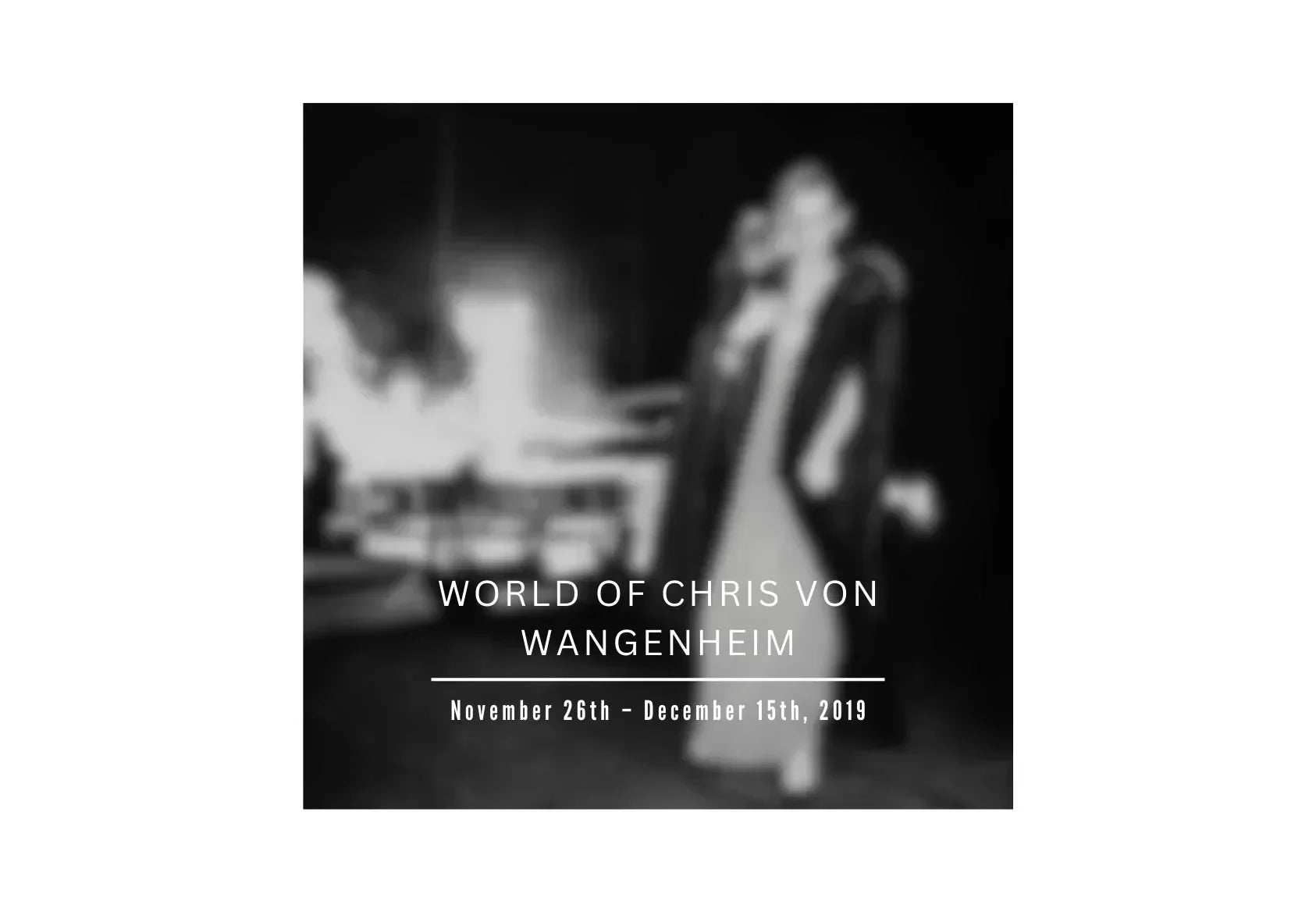
November 26 – December 15, 2019
WORLD OF CHRIS VON WANGENHEIM
January 23 – February 23, 2020
90’S SUPERMODELS BY ANTOINE VERGLAS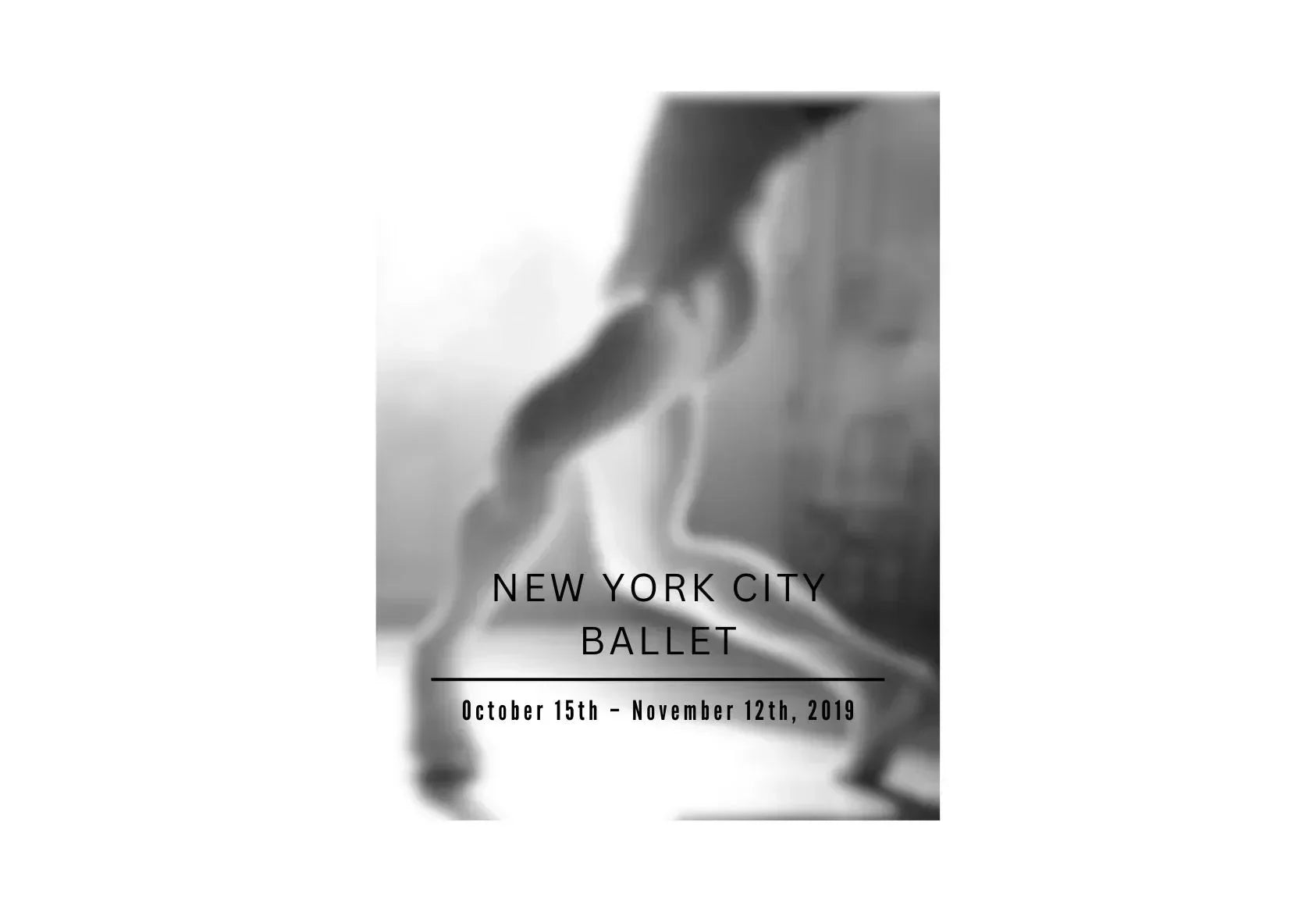
October 15 – November 12, 2019
NEW YORK CITY BALLET
August 13 - August 31, 2019
ENDLESS SUMMER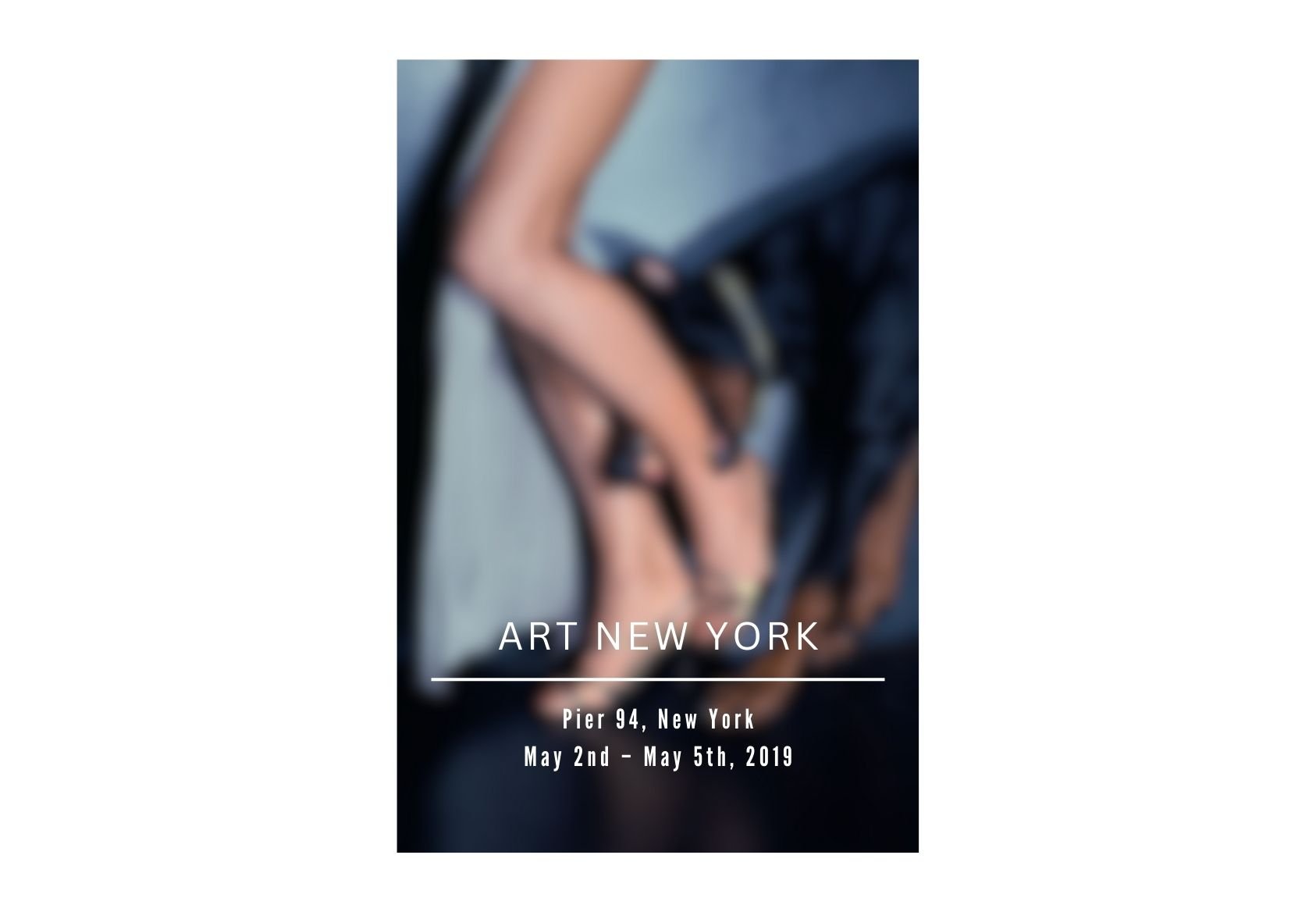
May 02 – May 05, 2019
Art New York
February 28 – March 10th, 2018
Fallen Angel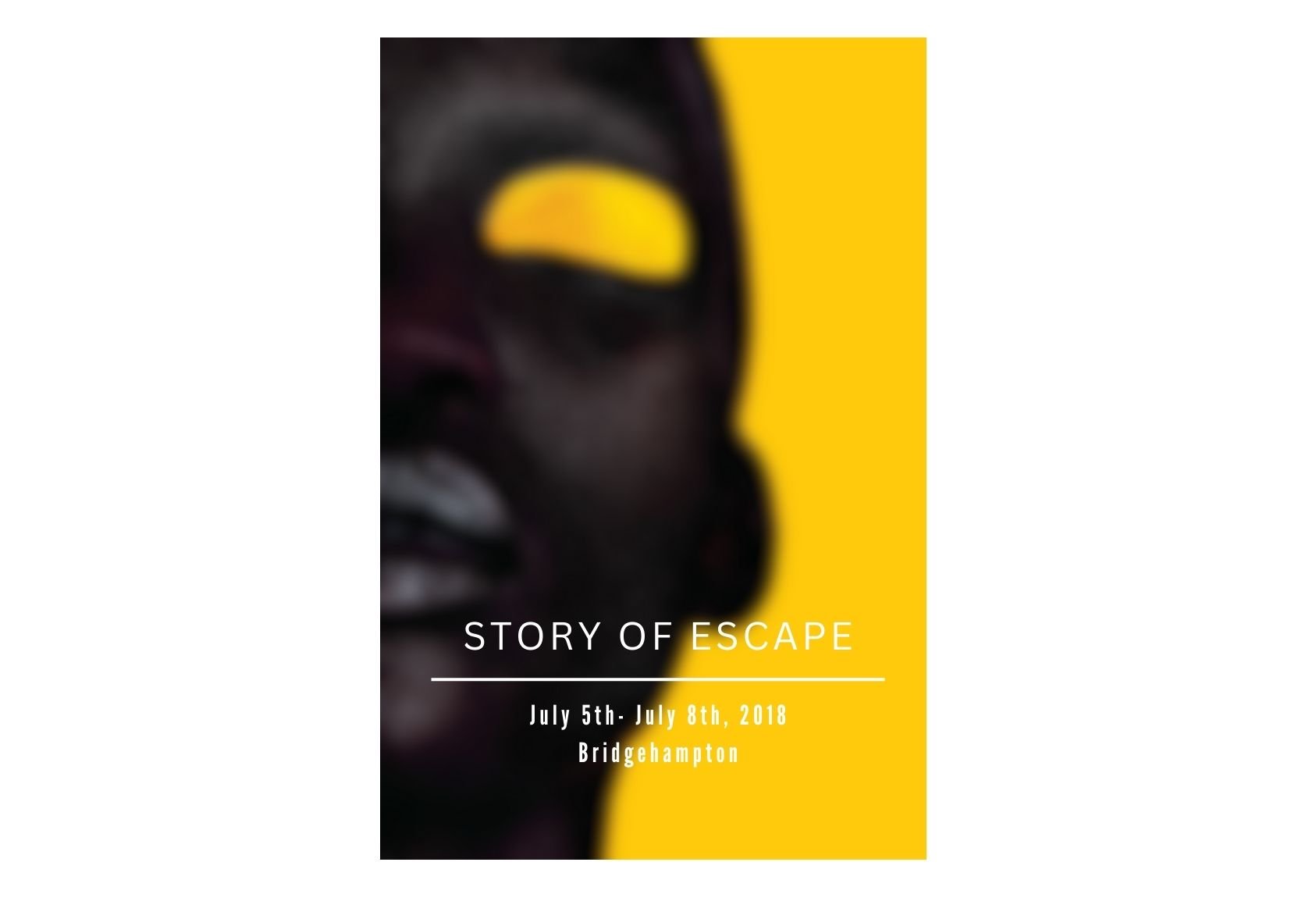
July 5th - July 8th, 2018
Market Art + Design
May 09 – June 03, 2018
Inside Cannes

